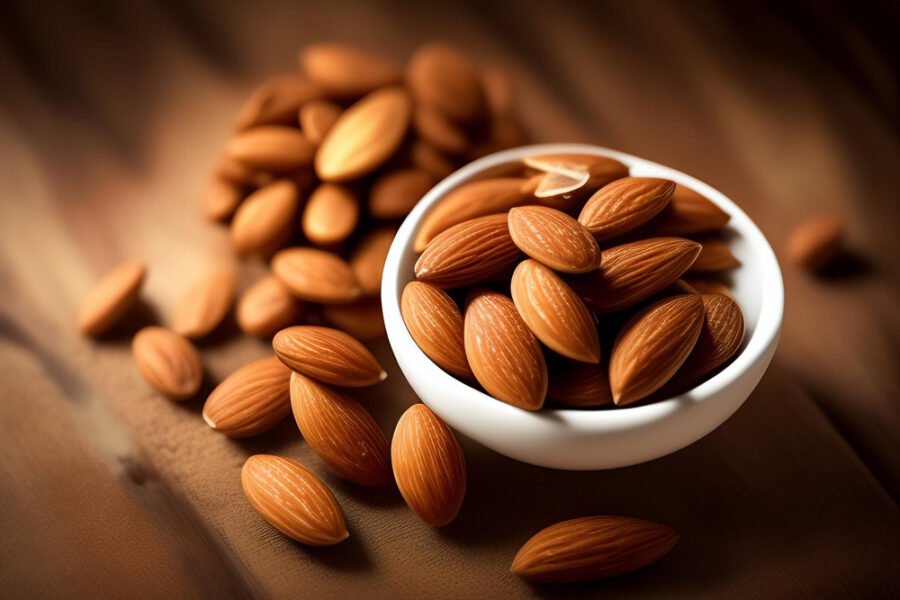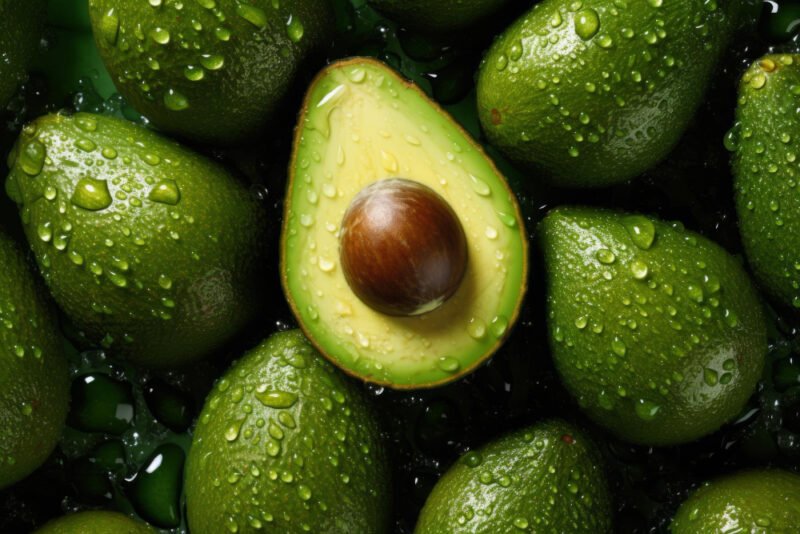Food can help assist you in achieving your weight loss goals
Diet is the key to weight loss and maintenance throughout your lifetime. It is best to view your food to gain optimum nutritional value so your body performs at its best. Good food is also the spice of life. It has the power to bring us superior health or increase disease. Although I mention how important eating well is for health and longevity, indulging occasionally will not cause harm.
Balance and the right amount of nutrients are essential. Adding exercise into the mix benefits your health and will also help you increase your chances of losing body fat, staying trim, and keeping your body lean throughout your life. It doesn’t have to be a complex program — simple walking or cycling in your favourite park is an excellent alternative.
I tend to recommend weight training, but I am aware that most people don’t want to head down that road. If this is the case for you, pick something you enjoy and do that regularly. Use this guideline to pick the best nutritional sources daily, feed your body what it needs, and keep your mind active. Living your life to its full extent is something we should all aim to attain.

One: Eat more nuts
Almonds and walnuts are often touted as beneficial for weight loss due to their nutrient composition and potential effects on appetite regulation. Research has indicated that nuts, in general, can be a valuable component of a weight loss diet.
A study published in the “American Journal of Clinical Nutrition” suggests that incorporating nuts into your diet does not necessarily lead to weight gain and may support weight loss. The high fibre content and healthy fats in almonds and walnuts contribute to a feeling of fullness and satiety, potentially reducing overall calorie intake.
Almonds, for instance, are rich in monounsaturated fats, fibre, and protein. A study in the “European Journal of Clinical Nutrition” found that including almonds in a weight loss program enhanced weight loss and improved markers of cardiovascular health. The combination of healthy fats and protein in almonds contributes to prolonged feelings of fullness, potentially reducing the likelihood of overeating.
Conversely, walnuts are a good source of polyunsaturated fats, including alpha-linolenic acid (ALA), a plant-based omega-3 fatty acid.
Research, such as studies in the “International Journal of Obesity,” suggests that incorporating walnuts into a calorie-controlled diet may lead to greater weight loss compared to a diet without nuts. The presence of ALA and the satisfying nature of the fats and fibre in walnuts may contribute to increased satiety and adherence to a weight loss plan.

Two: Avocados
Avocados have garnered attention as a weight-loss-friendly food due to their unique nutritional profile and potential impact on satiety.
Research supports that incorporating avocados into a balanced diet may contribute to weight management.
A study published in the “Nutrition Journal” found that participants who included half of a fresh avocado in their lunch reported increased satisfaction and a decreased desire to eat over the subsequent three hours compared to those who did not consume avocado.
This suggests that avocados may promote feelings of fullness and reduce the likelihood of overeating.
The high content of monounsaturated fats in avocados is a notable factor contributing to their potential benefits for weight loss. Monounsaturated fats have been associated with improved lipid profiles and metabolic health.
A randomized controlled trial published in the “Journal of the American Heart Association” demonstrated that replacing saturated fats with monounsaturated fats, like those found in avocados, led to reductions in abdominal fat and improved lipid profiles. Additionally, avocados provide dietary fibre, which is known for promoting satiety and supporting digestive health.

Three: Magnificent cruciferous vegetables
Cruciferous vegetables, such as broccoli, cauliflower, kale, and Brussels sprouts, are often recommended for weight loss due to their low-calorie density, high fibre content, and potential impact on metabolism. Scientific research supports that incorporating cruciferous vegetables into the diet can contribute to weight management.
One key element in cruciferous vegetables that aids weight loss is their high fibre content.
Fibre is known for promoting feelings of fullness and reducing overall calorie intake.
A study published in the “Journal of the American College of Nutrition” found that increased dietary fibre intake is associated with enhanced weight loss and improved markers of metabolic health. Cruciferous vegetables, rich in fibre, can help individuals feel satisfied with their meals, potentially leading to reduced calorie consumption.
Furthermore, cruciferous vegetables contain compounds called glucosinolates, which have been studied for their potential role in weight regulation.
Research, such as studies in the “International Journal of Molecular Sciences,” suggests that these compounds may influence metabolism and contribute to obesity prevention. The interaction between glucosinolates and the gut microbiota may also play a role in supporting a healthy weight. While more research is needed to fully understand the mechanisms involved, the existing evidence points to the benefits of including cruciferous vegetables in a weight loss-oriented diet.

Four: Eggs
Eggs have been recognized as a weight-loss-friendly food due to their nutrient composition and potential impact on appetite regulation. Research suggests that incorporating eggs into the diet can benefit weight management.
A study published in the “International Journal of Obesity” compared the effects of an egg breakfast to a bagel breakfast on overweight and obese participants. The results showed that the group consuming eggs experienced greater satiety and consumed fewer calories throughout the day than the bagel group, indicating that eggs may contribute to reduced calorie intake.
One reason for the weight-loss benefits of eggs lies in their high protein content. Protein is known to enhance feelings of fullness and promote thermogenesis, the process by which the body burns calories to digest and metabolize food.
A study published in the “American Journal of Clinical Nutrition” demonstrated that a higher protein intake, including that from eggs, led to increased satiety and reduced overall calorie consumption. The amino acid composition of eggs may play a role in these effects, making them a valuable addition to a weight-conscious diet.

Five: Berries
Berries, including strawberries, blueberries, raspberries, and blackberries, are often touted for their role in weight management due to their unique combination of nutrients and potential effects on metabolism. Scientific research supports that incorporating berries into the diet can contribute to weight loss and overall health.
One key aspect of berries that aids in weight loss is their high fibre content.
Fibre is known for promoting satiety and reducing overall calorie intake.
A study published in the “American Journal of Clinical Nutrition” found that increased fibre intake is associated with enhanced weight loss and improved markers of metabolic health. Being rich in dietary fibre, Berries can contribute to a feeling of fullness, potentially reducing the urge to overeat.
Berries are also packed with antioxidants, such as anthocyanins and flavonoids, which have been studied for their potential metabolic benefits.
Research, such as studies in the “Journal of Nutritional Biochemistry,” suggests that these compounds may influence fat metabolism, insulin sensitivity, and inflammation, contributing to weight management. Additionally, berries have a relatively low-calorie density, providing a high volume of nutrients with relatively few calories. This makes them a satisfying and nutrient-rich choice for those looking to manage their weight.
Key take away
Using the above foods in your diet will significantly affect your body’s use of fat for energy, decrease inflammation markers, improve insulin sensitivity, and support tissue repair. Why not let food be your healer and let your body do the necessary work to create impeccable health and well-being naturally?
If you want to read more articles like this or start writing your own, please sign up via my link. I’d love to see you on the other side.
Sign up here for your medium subscription. I get a portion of your monthly fee at no extra cost to you, and it will go a long way in supporting me as a writer.
